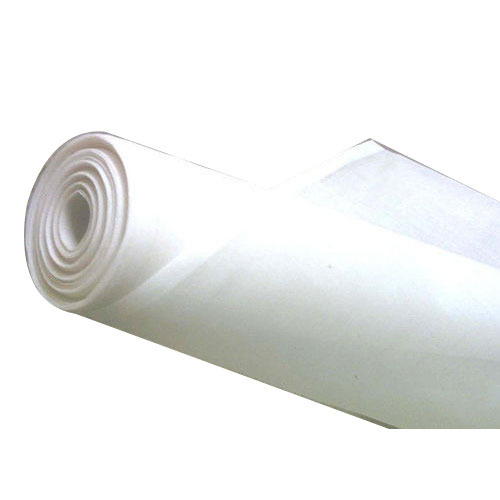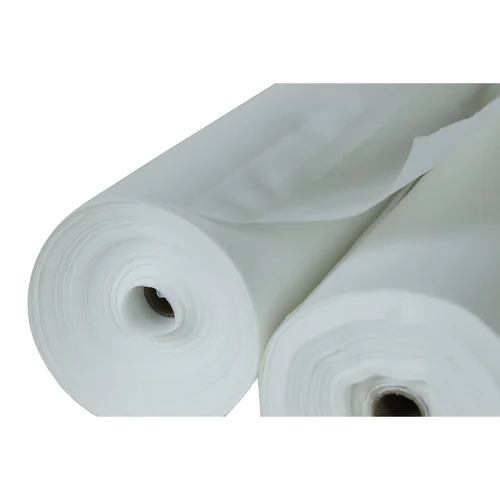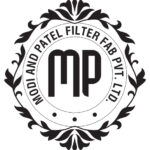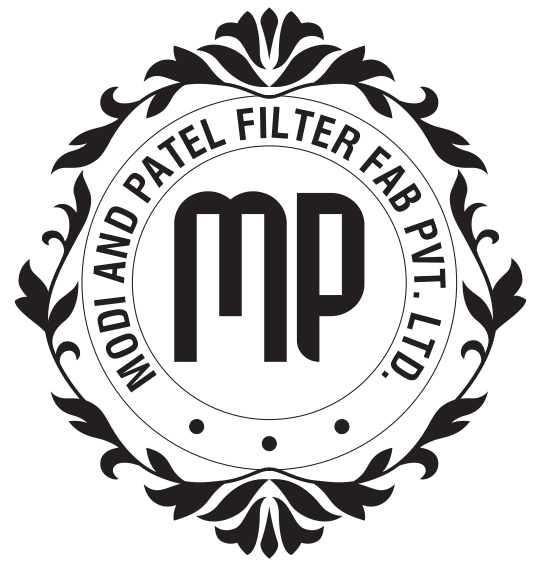BLOTING CLOTH
Bolting cloth is a mesh fabric used primarily for screen printing in Textile industry. The fabric also has applications in filtration. Bolting cloth is a woven fabric manufactured from polyester and nylon yarns and is available in a variety of mesh sizes.
What Is Bolting Cloth Mesh?
In the world of woven wire mesh, bolting refers to a mechanism that executes several rapid movements to deliver the desired results. Bolting cloth mesh, also referred to as tensile bolting cloth, is a woven mesh variation that features a plain, Square mesh profile and is designed to make the bolting elements of your operation more efficient.
In the past, materials such as nylon and silk were synonymous with bolting cloth mesh. This is because it was a cheap way to achieve the fine pore opening bolting cloth is known for.
However, in more recent years, woven wire mesh, specifically stainless steel wire mesh, has become the predominant material used.
How Is Bolting Cloth Mesh Used?
As bolting cloth generally falls under the fine mesh classification, it is widely used for screen printing and the sifting of fine particles.
The increased amount of pore openings in the mesh allows manufacturers to depict a substantial amount of detail when screen printing. This means bolting mesh excels when screen printing various high-detailed products, such as printed circuit boards.
The higher, precise mesh count of bolting cloth can also be applied to the aggregate and mining industries. The fine mesh profile of bolting cloth is often used to sift fine particles such as various sand particles.
With that said, the characteristics of bolting cloth have also been applied to several filtration applications that call for accurate filtration without sacrificing throughput.
Why Use Wire Mesh Bolting Cloth?
As stated above, nylon, silk, and metallic wires can all be used to weave bolting cloth. However, stainless steel wire mesh bolting cloth is possible the most widely used.
This is because the metallic properties of wire mesh help deliver several beneficial qualities that make it stand out. These qualities are tension capabilities, durability, and precision.
Tension Capabilities
In order to deliver optimal accuracy, bolting cloth is often brought into tension. That said, wire mesh bolting cloth has less than 1% elongation when tensioned, whereas materials like nylon can exceed 5% elongation.
In other words, stainless steel can withstand higher tension loads without compromising the integrity of the mesh openings.
Even when thinner wires are used to achieve the fine pore openings of bolted cloth, woven wire mesh is far more durable than silk and nylon. In fact, once the diameter of nylon or silk goes beneath a certain threshold, they cannot be tensioned without damage.
Durability
This threshold is much lower when working with wire mesh, making it ideal when extremely fine mesh specifications are needed.
Precision
During the bolting process, bolting cloth made from nylon or silk tends to flex. This creates the potential for the pore openings to become skewed, altering the accuracy of the cloth.
Wire mesh is a much more rigid material that minimizes flexing. As a result, the accuracy of the mesh opens is preserved, which is reflected through the end product.
Additionally, wire mesh can be, which involves running the mesh through two rollers to reduce the thickness of the mesh. This crushes the knuckles at each wire intersection, stabilizing the pore openings of the mesh while also creating a smoother surface that better facilitates bolting.




